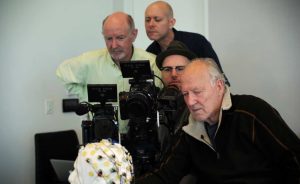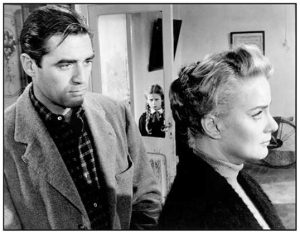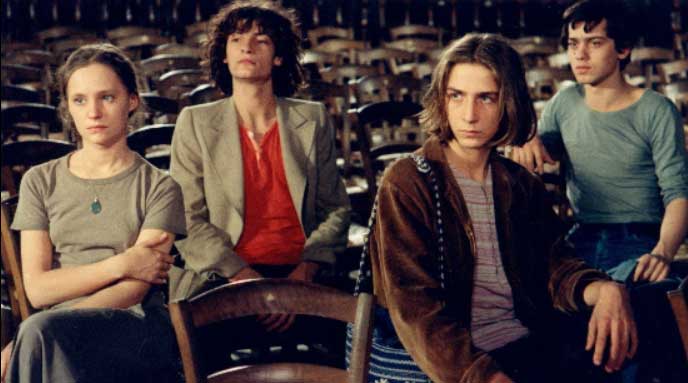 A.I. FROM METROPOLIS TO EX MACHINA…, a three-week festival of movies that helped introduce the world to the concept of “artificial intelligence” (a term not coined until the 1950s), will run at Film Forum from Friday, January 3 to Thursday, January 23. The series includes more than 30 films, most of them offering a dystopian view of a society run by A.I., along with profound ethical and existential questions.
A.I. FROM METROPOLIS TO EX MACHINA…, a three-week festival of movies that helped introduce the world to the concept of “artificial intelligence” (a term not coined until the 1950s), will run at Film Forum from Friday, January 3 to Thursday, January 23. The series includes more than 30 films, most of them offering a dystopian view of a society run by A.I., along with profound ethical and existential questions.
Fritz Lang’s 1927 silent masterpiece METROPOLIS (written by his wife Thea von Harbou, who adapted it from her own 1925 novel), broke new ground in science fiction storytelling, with the creation of Maria, a robot designed to look human and control the workers in an underground city. Gort, a massive robot that serves as enforcer for an alien peace mission in Robert Wise’s THE DAY THE EARTH STOOD STILL (1951), provided an early example of a machine with a higher purpose.
Five years later, Robby the Robot of FORBIDDEN PLANET (based on Shakespeare’s The Tempest!) both defined what a “robot” looked like for generations and offered a more benign depiction of what would later be called “artificial intelligence.” Later lovable movie robots include Johnny 5 in SHORT CIRCUIT, R2D2 in the Star Wars movies, and Wall-E in the Pixar movie of that name. The “Emerac” computer in the Tracy-Hepburn comedy DESK SET is also less malevolent, merely threatening to take jobs away from humans – probably the first film to raise that possibility.
Continue reading








